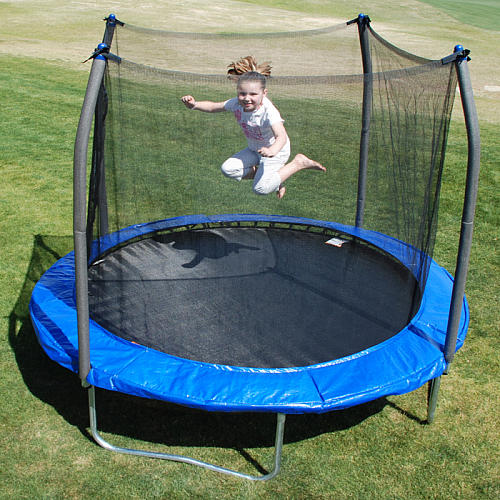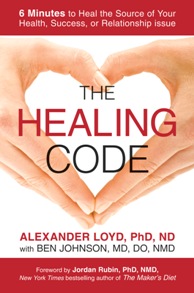
On Beyond Blue, I focus predominantly on the problem of depression, because 99 percent of the time that’s what I am struggling with, and I figure you, too. However, I think it’s very important to discuss mania and hypomania because they can be just as, if not, more damaging to your health as depression.
The reason why bipolar disorder sometimes takes up to 10 years to be diagnosed correctly is because no one complains to a doctor that she has more energy than usual, is super efficient at work, and for some reason doesn’t need to look at her self-esteem file to feel okay! I mean, seriously, we want those symptoms to last … forever … if we can swing it. So the primary doc or the psychiatrist only gets the depression part, not knowing that it’s the bloody cycling that’s the problem.
Those of you who have experienced mania or hypomania know why they are dangerous: what goes up must eventually come down, and the higher you are, the more severe the drop into the pit. Like having too much to drink, you know you’re going to eventually pay for it – you just hope the payment isn’t going to be too painful.
It’s tough for folks like me to initially recognize their hypomanias because the symptoms are subtle and not listed in the DSM-V under hypomania or mania. For example, I don’t go on compulsive shopping sprees because I hate shopping, and always have. I don’t sleep around because I’m on Zoloft (among other reasons like a great husband whom I would never want to hurt).
Hypomania usually takes a bad habit and multiplies it by, say 100. So, in my case, it’s the verbal diarrhea that’s hazardous and raises the ominous red flag. I have no idea what’s going to come out of my mouth when I open it, and too often I push “send” when I should press “delete.”
Under the best of circumstances I operate with a very thin filter from the brain to the mouth. That is one reason I gave up drinking before I graduated from high school. So when I feel a little high, my very thin filter goes bye bye and I either start apologizing all the time or I wear a sign around my neck that says, “I apologize if I say something inappropriate.”
The good news is that I’m getting better at knowing what triggers my hypomanias–and communicating any upswings with my doctor so she knows that I’m cycling.
Lack of sleep will always do it.
The four days before I was laid off, when I knew I would be laid off but didn’t know how or for what reason, I averaged like four or five hours of sleep–when I require seven or eight to function properly. I was fretting over small details like how I was going to feed my family if my consulting gig got flushed down the toilet.
By day five I could tell I was high, and I got even higher when I reconnected with a favorite professor from college who is helping me on a project that I am excited about, for which I’ve already written 64 drafts.
One reason (among many) that I miss my former Beliefnet editor, Holly, is that she acted as my filter, and would tell me we were going to “hold off for awhile” on publishing a post when she suspected I was manic. One time she wrote me a detailed note listing all the reasons why she thought I might be hypomanic. It’s still in my doctor’s file, gets referenced all the time to determine if I’m doing the same sorts of things: in essence, biting off way more than I chew.
Having been at this thing – bipolar disorder – for five years, I also know I have to do to bring myself down, as much as I’d love to stay up.
If I can, I disconnect from all social networking and emailing because they tend to keep me in manic mode, and it’s better to not have an opportunity to say the wrong thing. I try to be more steadfast in my meditation … if I can. (Meditating is a tad difficult when you’re manic.) I try to ground myself in prayer. I exercise as much as humanly possible, because I figure that working out is a far better channel of energy when I’m manic than engaging in a dialogue with someone who doesn’t get me or why it’s so hard to keep my mouth shut.
Finally, I go easy on myself. I try not to beat myself up for all the inappropriate comments I’ve made when I was high. I remember my favorite line from Kay Redfield Jamison: “Tumultuousness, if coupled with discipline and a cool mind, is not such a bad sort of thing. That unless one wants to live a stunningly boring life, one ought to be on good terms with one’s darker side and one’s darker energies.”
Image credit: ToysRUs
* Click here to subscribe to Beyond Blue and click here to follow Therese on Twitter and click here to join Group Beyond Blue, a depression support group. Now stop clicking.

